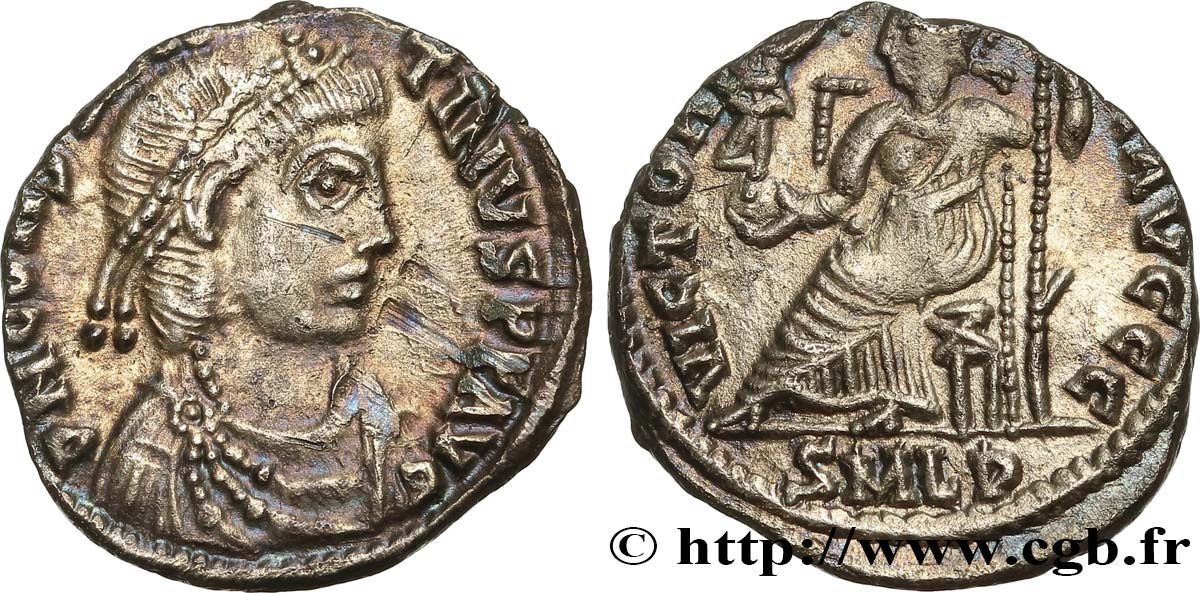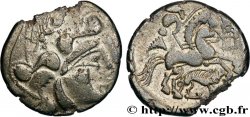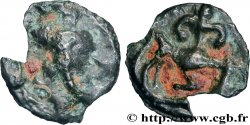Live auction - brm_457292 - CONSTANTINE III Silique
You must signin and be an approved bidder to bid, LOGIN TO BID. Accounts are subject to approval and the approval process takes place within 48 hours. Do not wait until the day a sale closes to register. Clicking on "BID" constitutes acceptance of the terms of use of cgb.fr private live auctions.
Bids must be placed in whole Euro amounts only. The sale will start closing at the time stated on the item description; any bids received at the site after the closing time will not be executed. Transmission times may vary and bids could be rejected if you wait until the last second. For further information check the Live auction FAQ
All winning bids are subject to a 18% buyer’s fee.
All winning bids are subject to a 18% buyer’s fee.
| Estimate : | 600 € |
| Price : | 410 € |
| Maximum bid : | 510 € |
| End of the sale : | 12 December 2017 14:48:02 |
| bidders : | 3 bidders |
Type : Silique
Date: 1/05/408 - fin 409
Date: 408-409
Mint name / Town : Lyon
Metal : silver
Millesimal fineness : 900 ‰
Diameter : 16 mm
Orientation dies : 12 h.
Weight : 1,52 g.
Rarity : R2
Coments on the condition:
Bel exemplaire homogène avec un joli buste et une agréable patine grise aux reflets dorés
Catalogue references :
Obverse
Obverse legend : D N CONSTAN-TINVS P F AVG.
Obverse description : Buste diadémé, drapé et cuirassé de Constantin III à droite, vu de trois quarts en avant (A'a) ; diadème perlé.
Obverse translation : “Dominus Noster Constantinus Pius Felix Augustus” (Notre seigneur Constantin pieux heureux auguste).
Reverse
Reverse legend : VICTORI-A AAAVGGG/ -|-// SMLD.
Reverse description : Rome nicéphore assise à gauche sur un siège, tenant de la main droite un globe nicéphore et de la gauche une haste renversée.
Reverse translation : “Victoria Augustorum” (La Victoire des augustes).
Commentary
Rubans de type 3. Le diadème se termine par un bijou avec un cabochon rond. Les ptéryges sont visibles sous le paludamentum. Fibule d’attache sur l’épaule avec deux pendants. Au revers, une haste renversée. Rome est assise sur un siège ressemblant à une chaise curule.








 Report a mistake
Report a mistake Print the page
Print the page Share my selection
Share my selection Ask a question
Ask a question Consign / sell
Consign / sell










